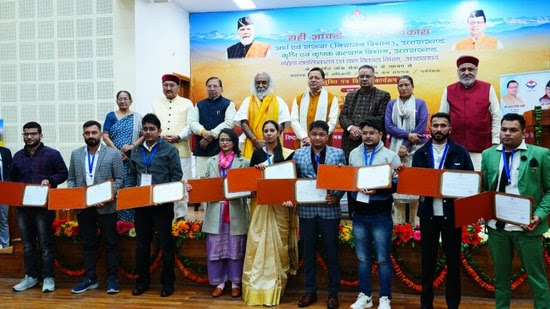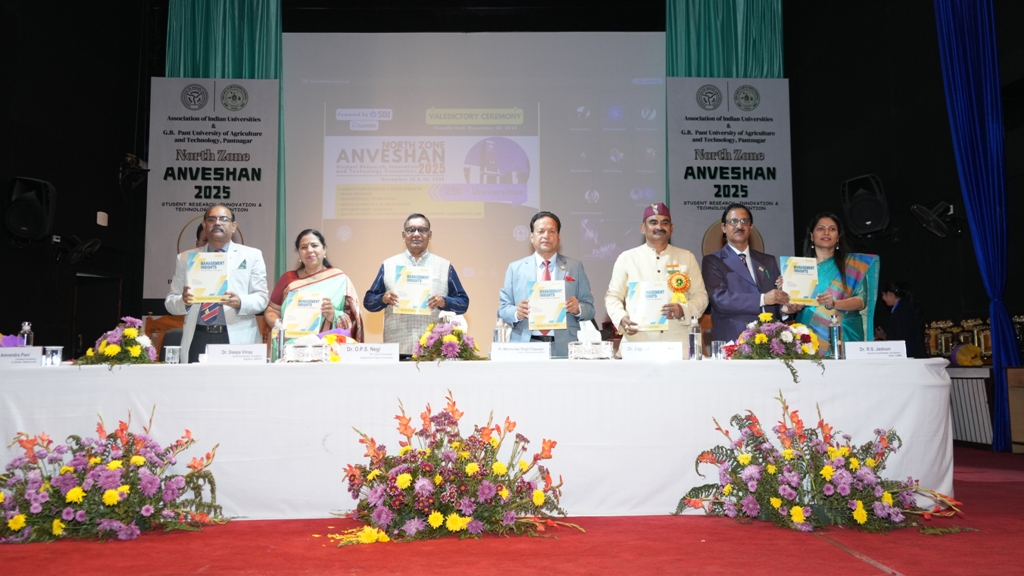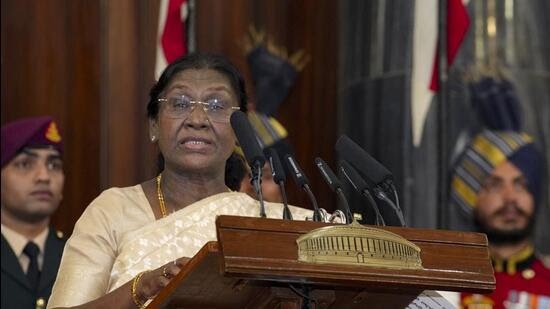In a significant development, the Allahabad High Court, on February 26, rejected a plea to halt the ongoing Puja within the southern cellar of Varanasi’s Gyanvapi mosque. The judgment, delivered by Justice Rohit Ranjan Agarwal, addressed an appeal by the Anjuman Intezamia Masjid Committee (AIMC) challenging the order of the Varanasi District Judge that permitted Hindu devotees to offer prayers inside the ‘Vyas Ka Tehkhana’ area within the Gyanvapi mosque complex.

The legal battle unfolded on January 31 when the Varanasi district court ruled in favor of allowing a priest to perform prayers before the idols in the southern cellar of the Gyanvapi mosque. The AIMC, responsible for managing the mosque, promptly moved the high court on February 2 after the Supreme Court declined to hear its plea, directing them to approach the Allahabad High Court.
The Gyanvapi mosque comprises four ‘tahkhanas’ or cellars in the basement, one of which remains in the possession of the Vyas family. The family historically resided in the area. The Varanasi district court’s decision sparked controversy, prompting various reactions.
Asaduddin Owaisi, President of the All India Majlis-e-Ittehadul Muslimeen (AIMIM), criticized the judgment, alleging a violation of the Places of Worship Act. Owaisi expressed concern over the timing of the decision, pointing out that it was delivered on the judge’s last day before retirement. He further questioned the judge’s assertion that no prayers had occurred since 1993, emphasizing a three-decade lapse in religious activities.
“The judge appointed the District Magistrate as the receiver on January 17, and he directly issued the verdict. This violates the Places of Worship Act,” Owaisi remarked.
The legal dispute has brought attention to the interpretation of the Places of Worship Act, and its implications on religious practices within historically significant structures. The court’s decision, in this case, highlights the complex intersection of religious sentiments and legal frameworks.







